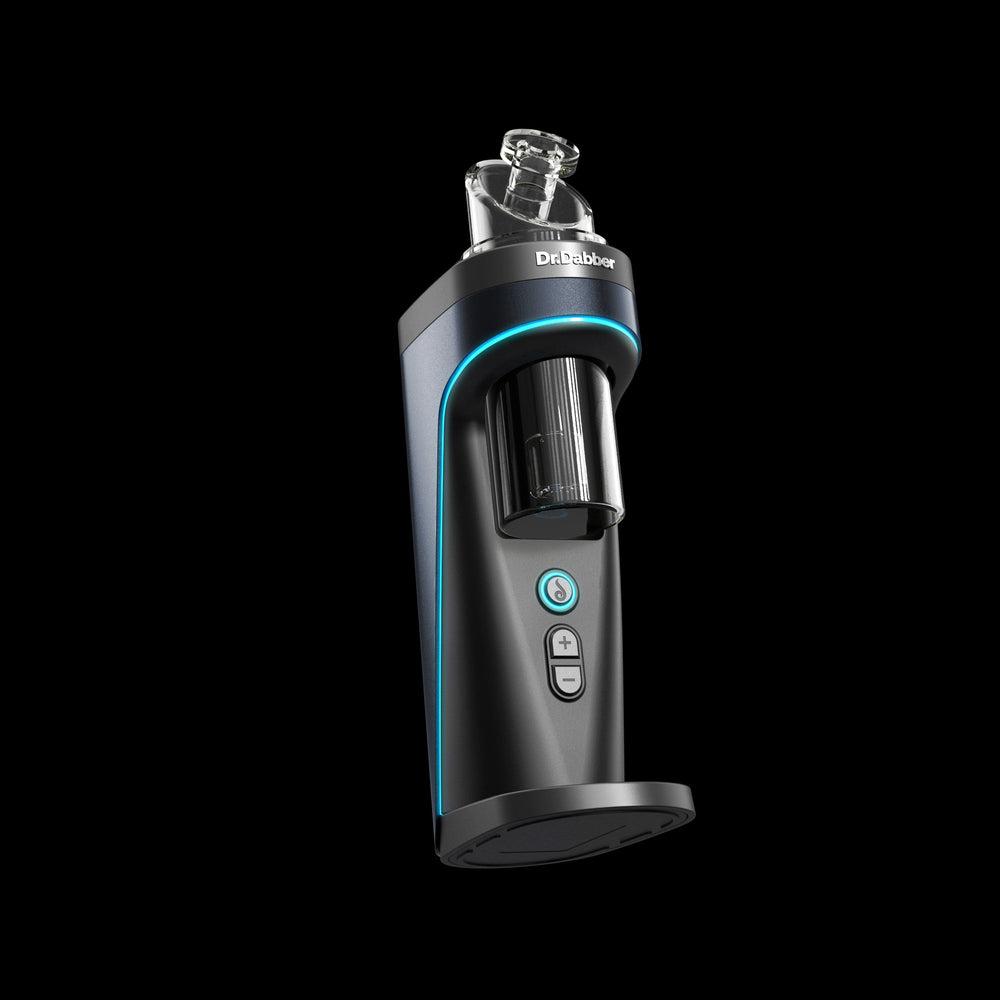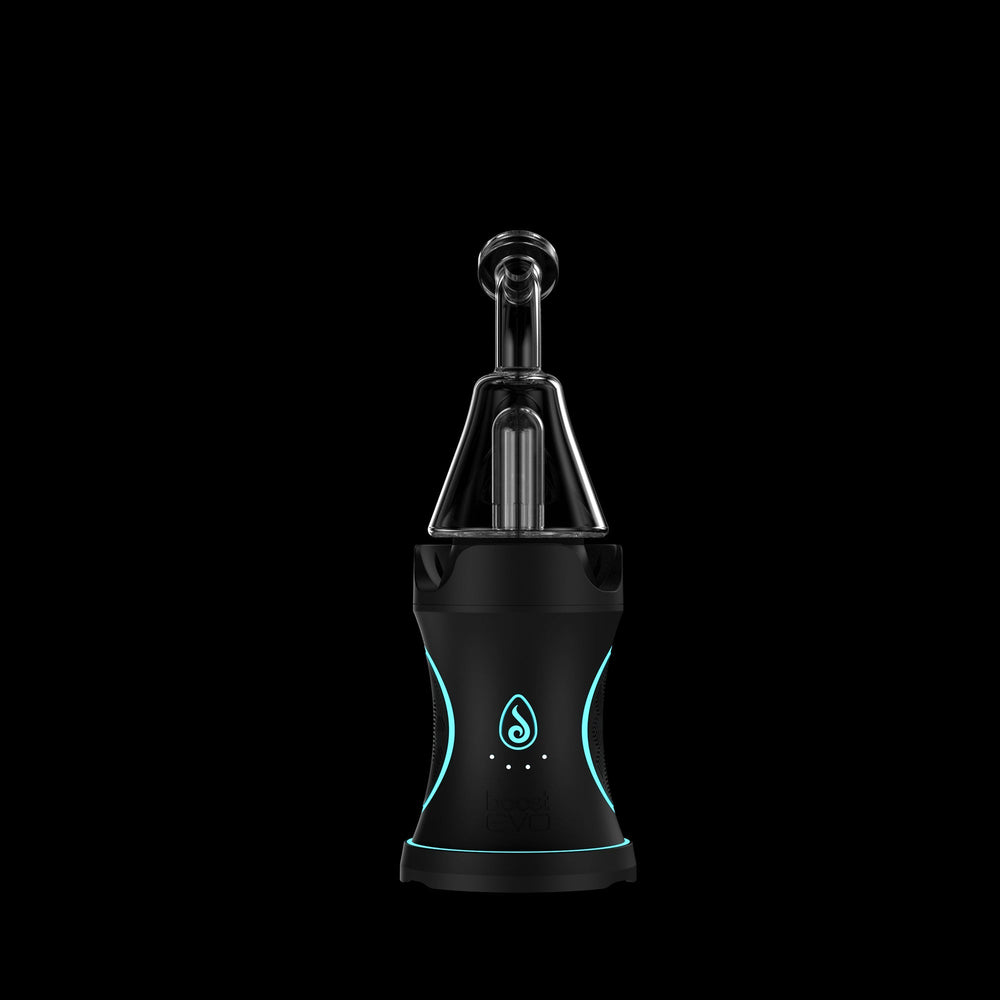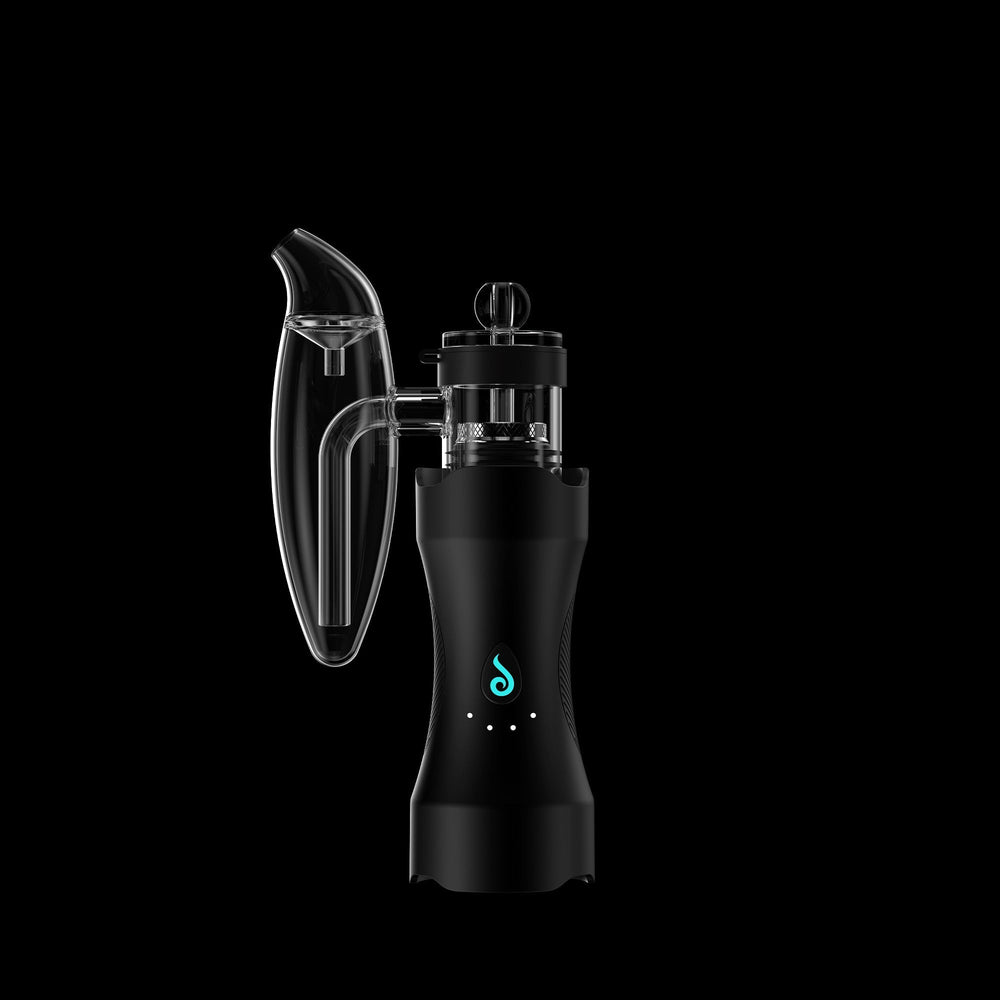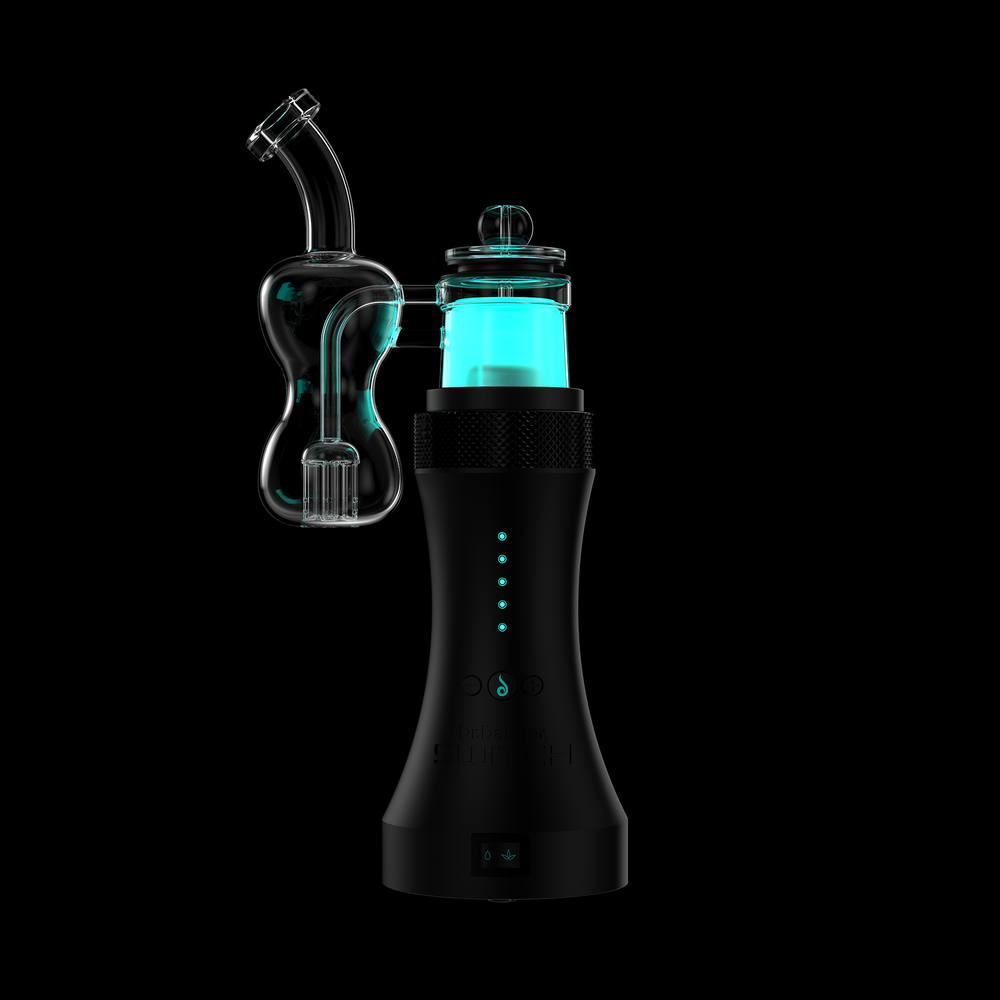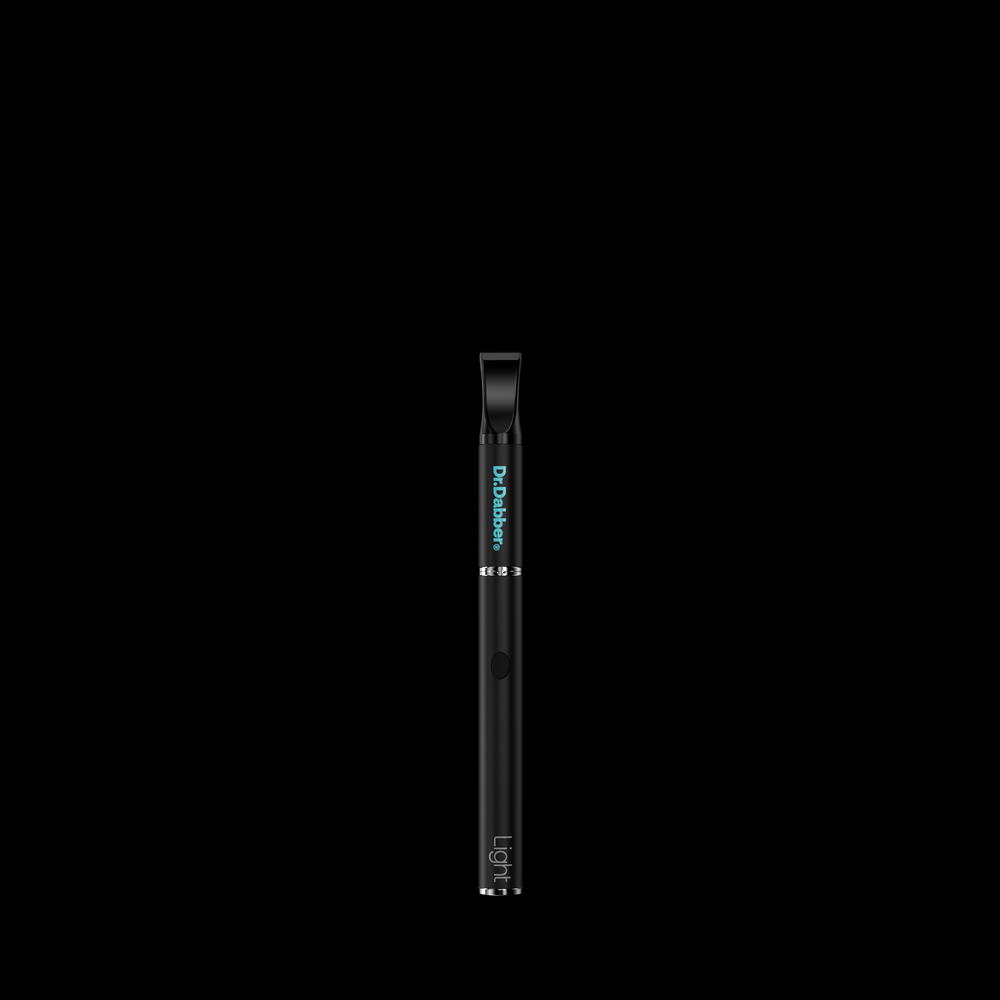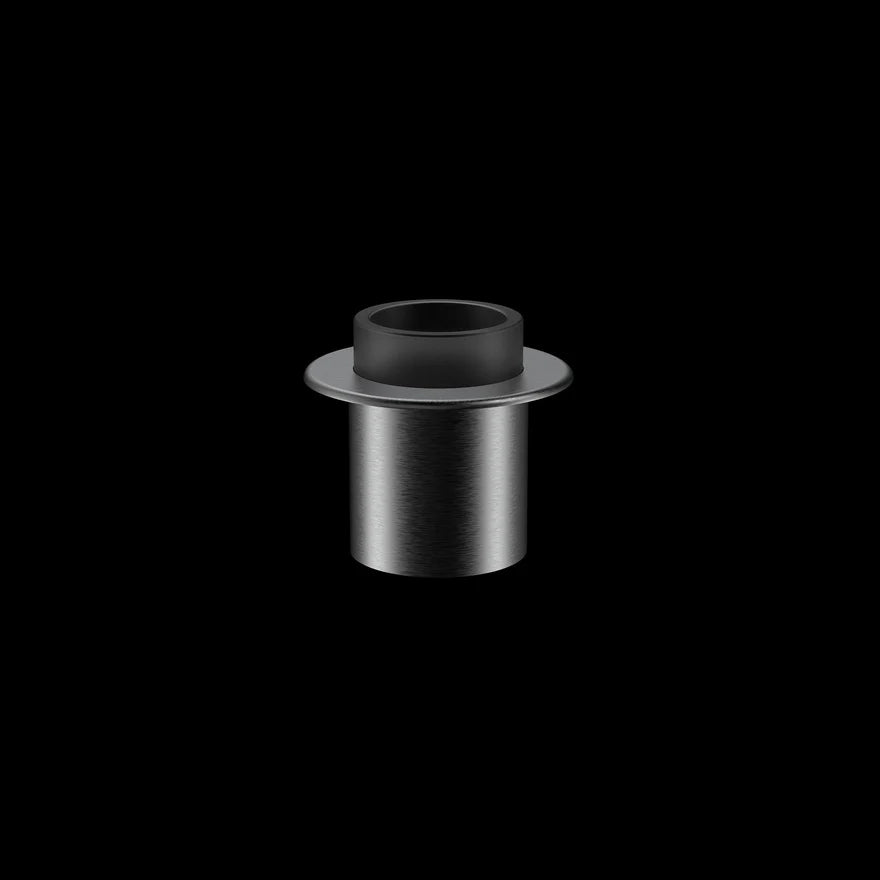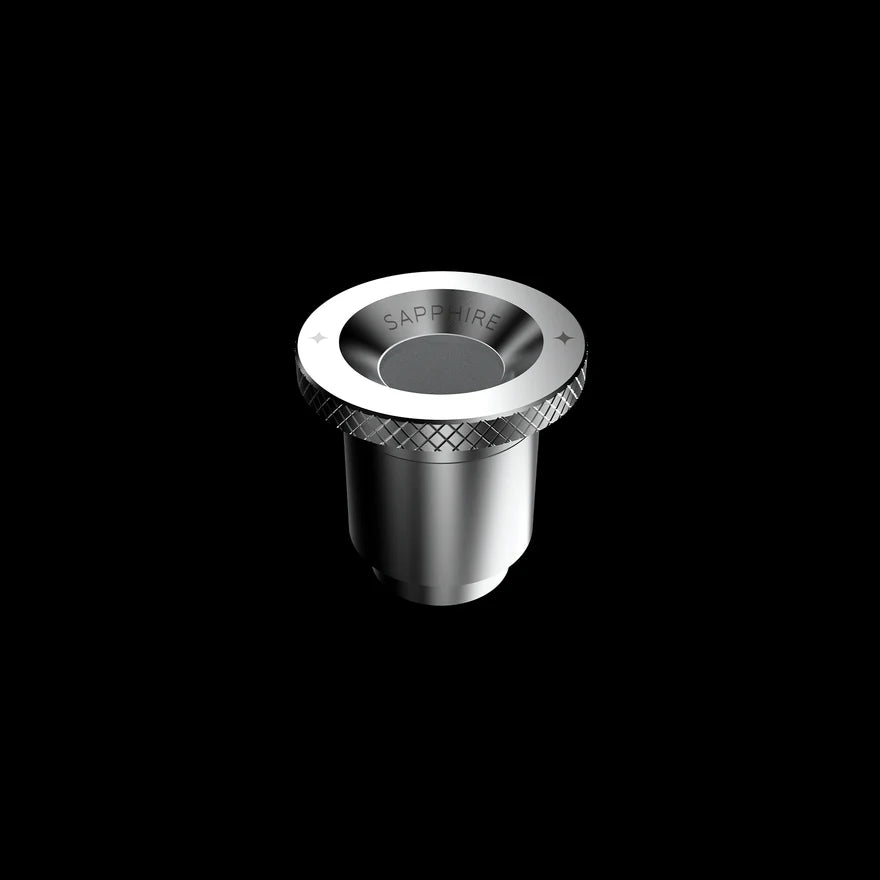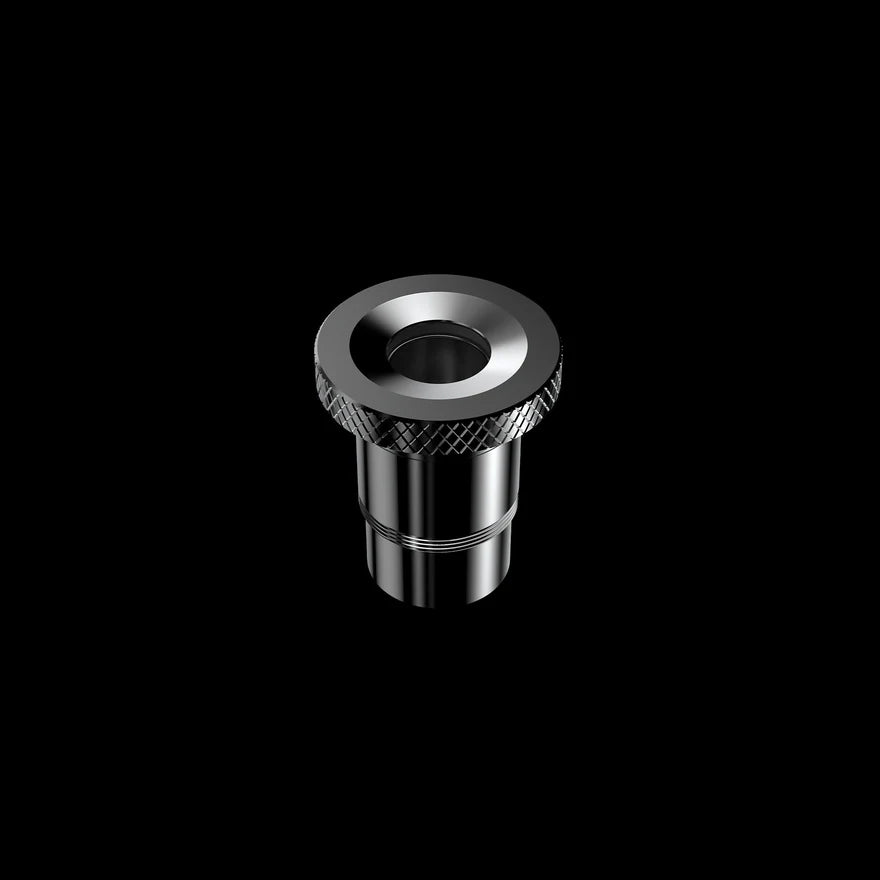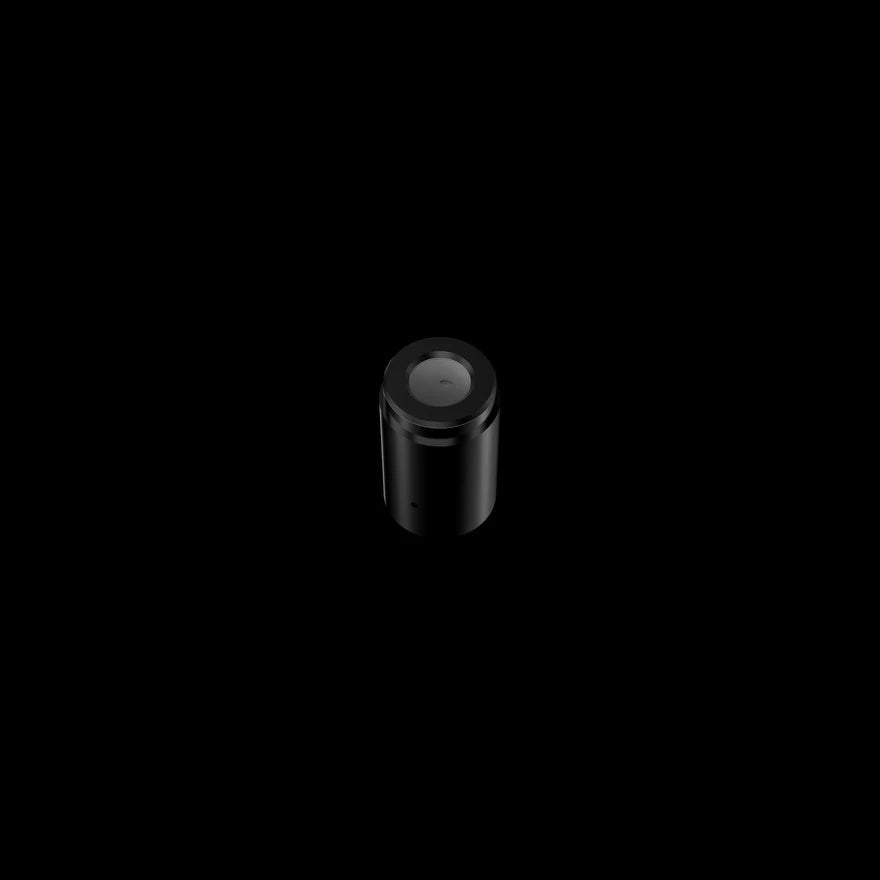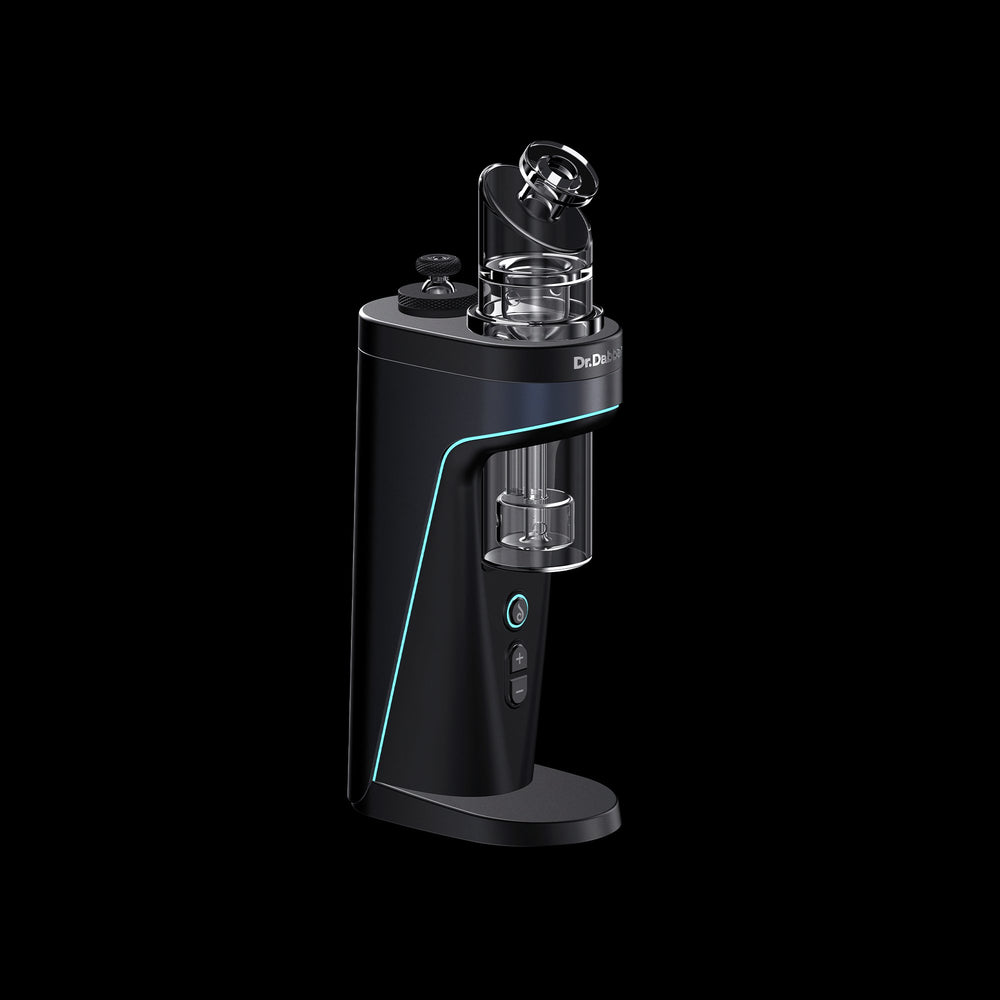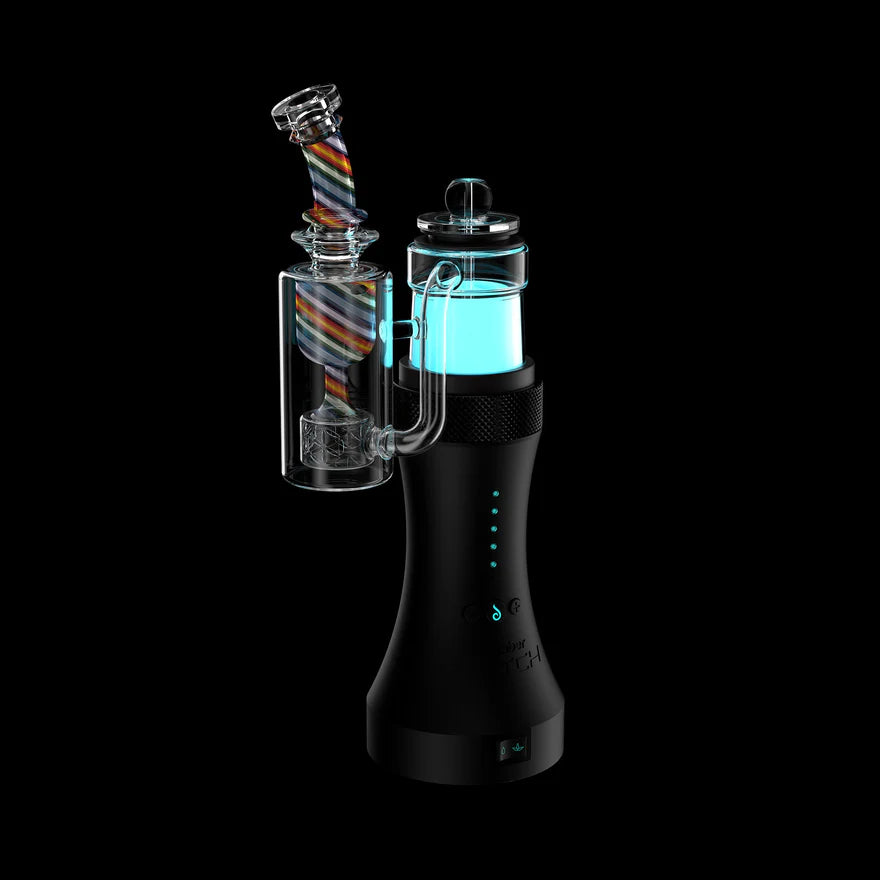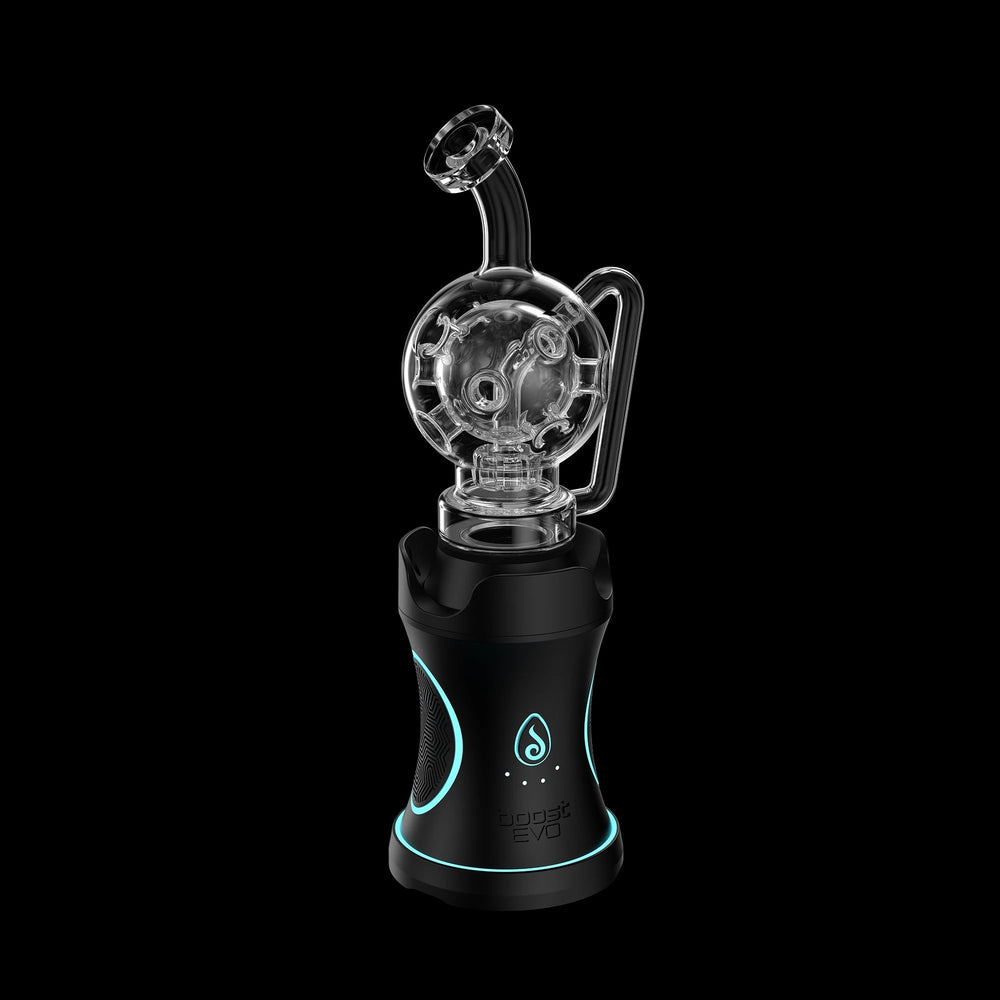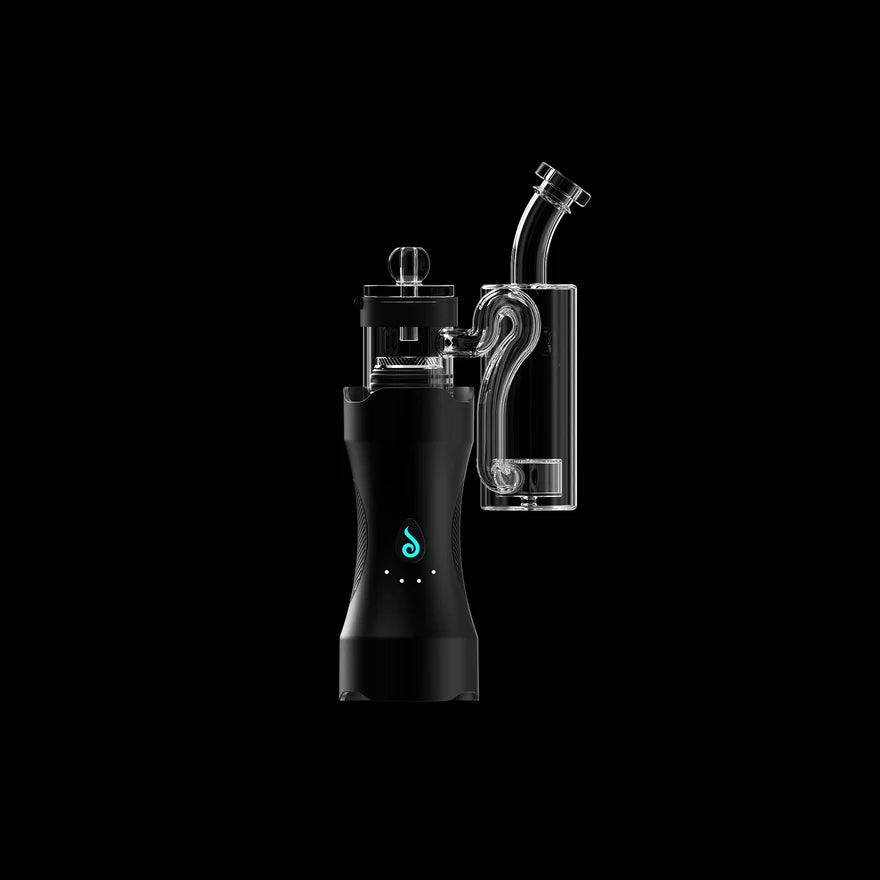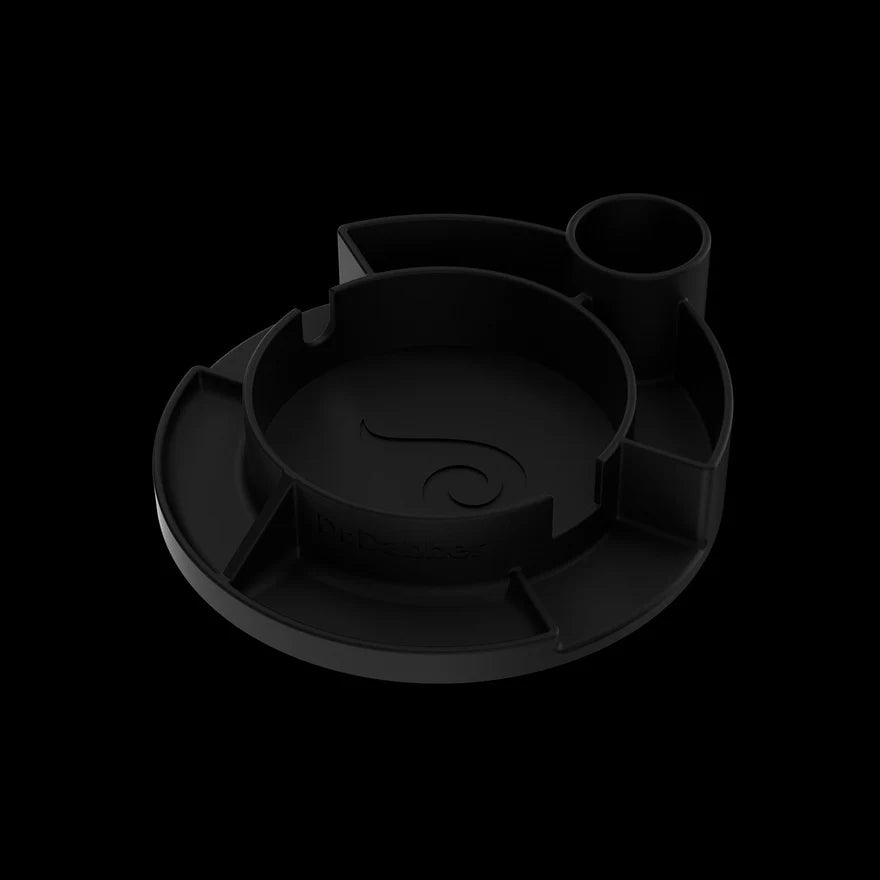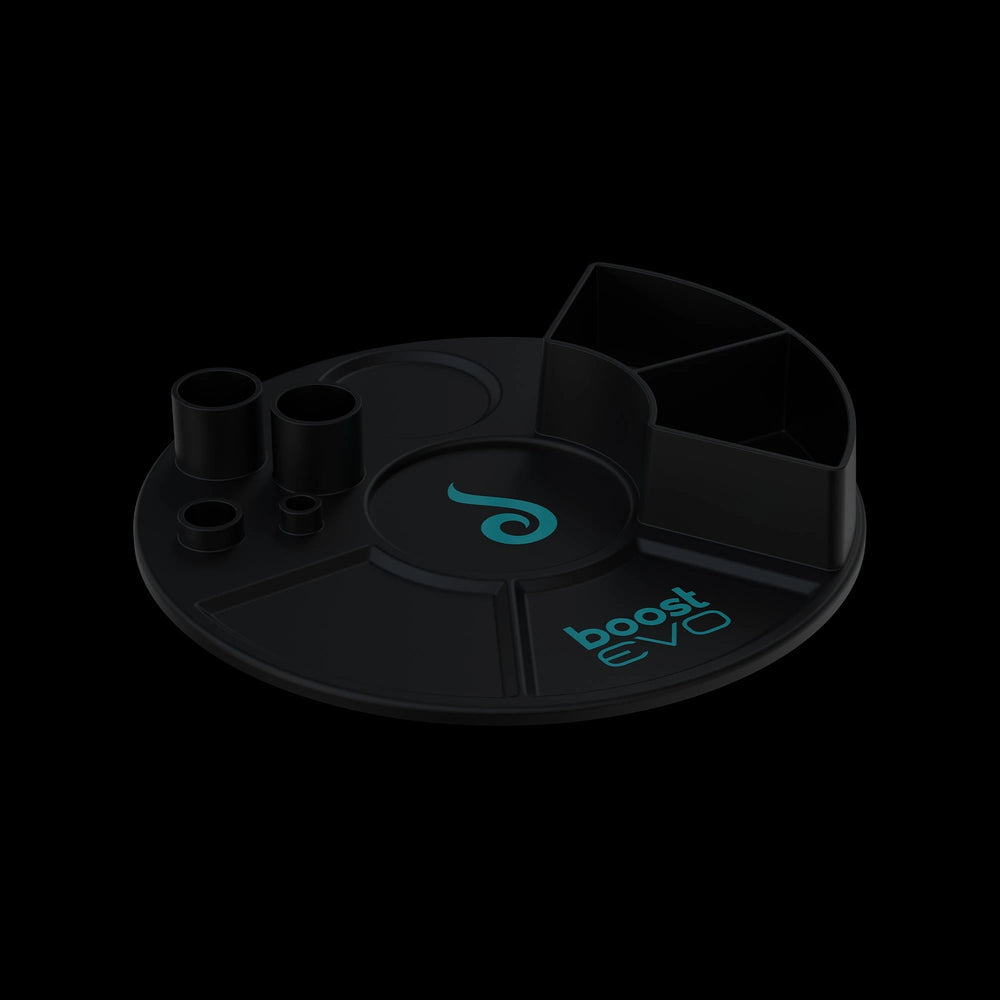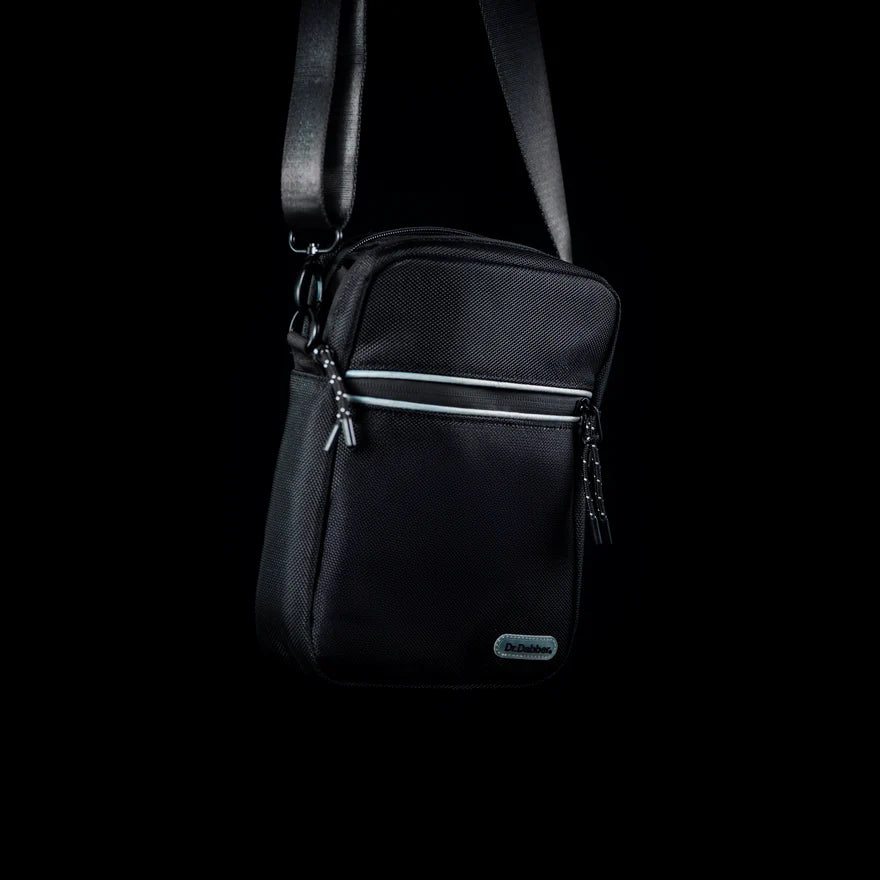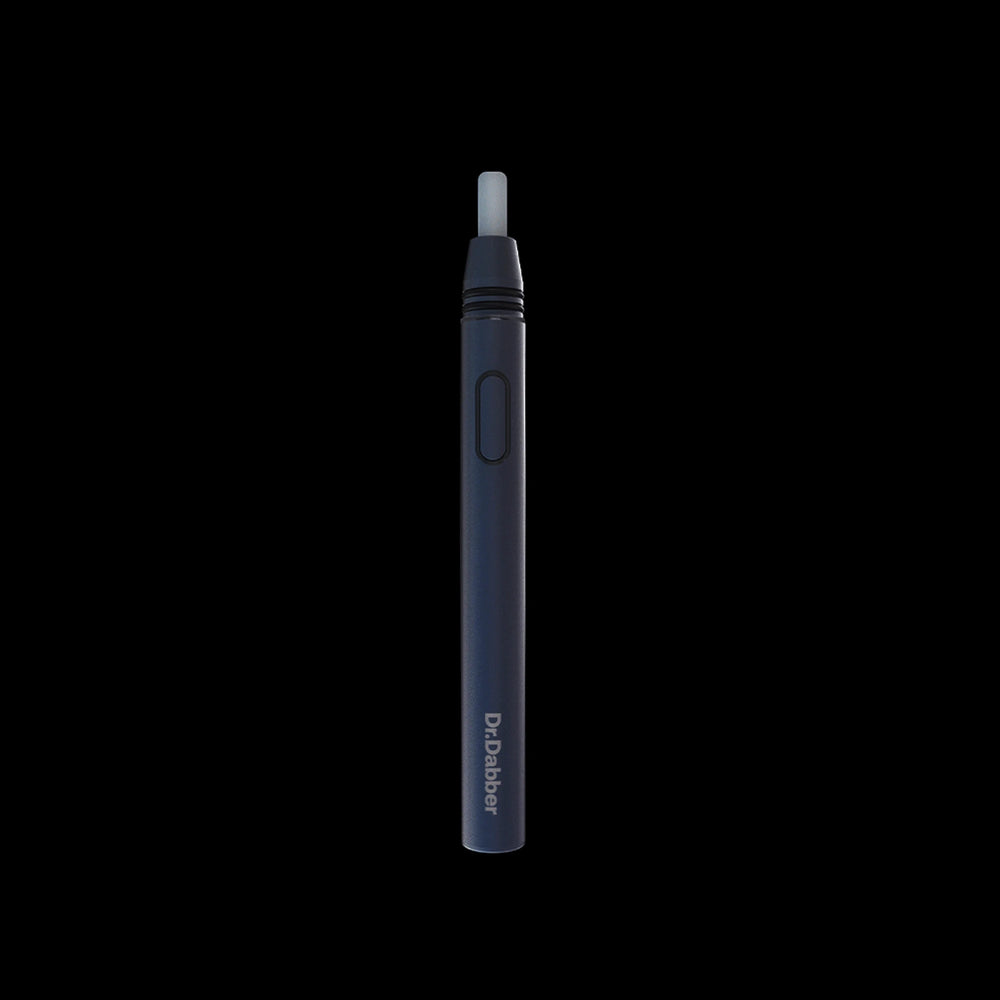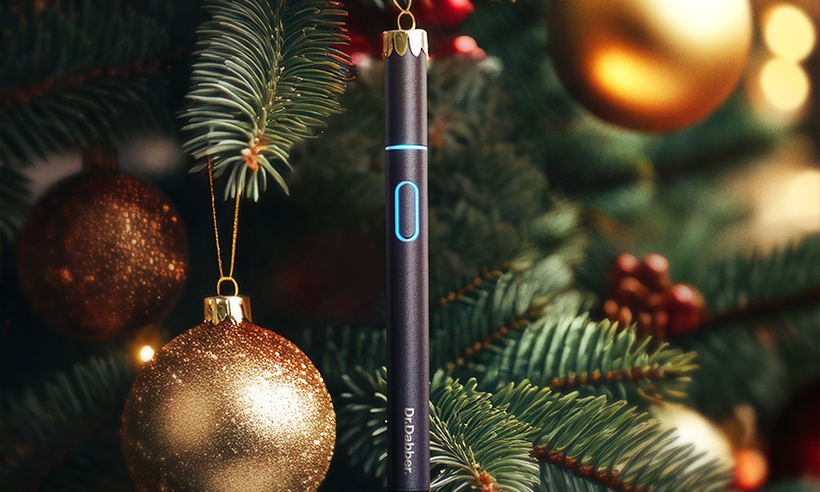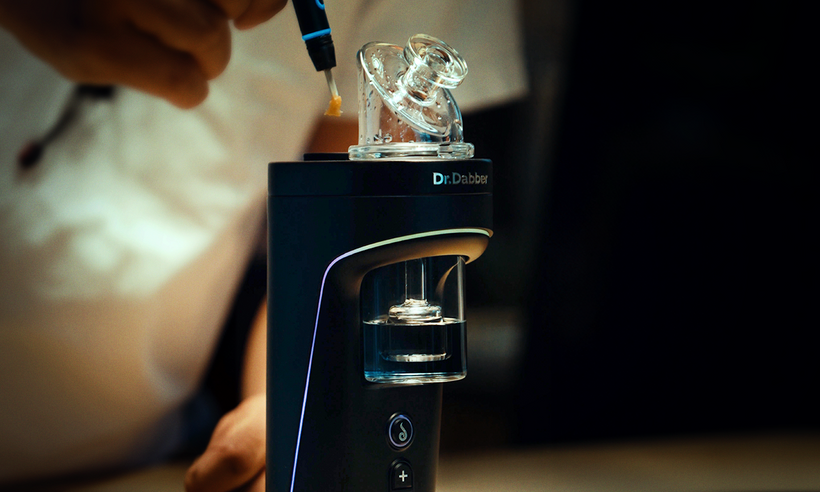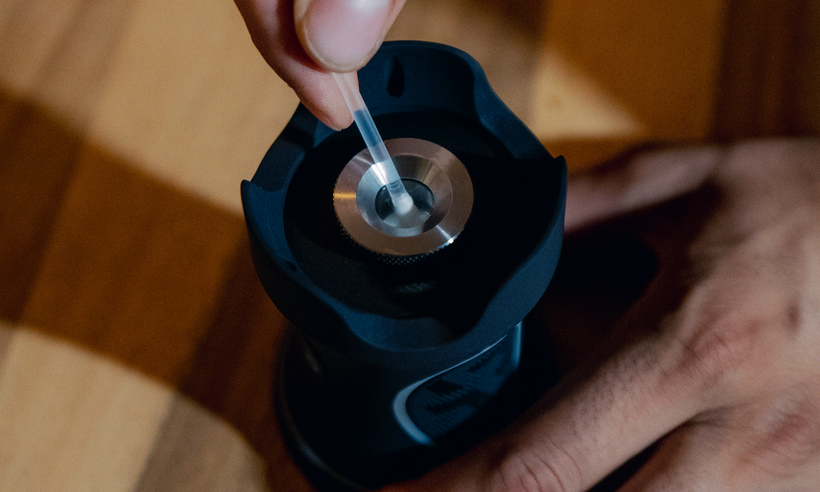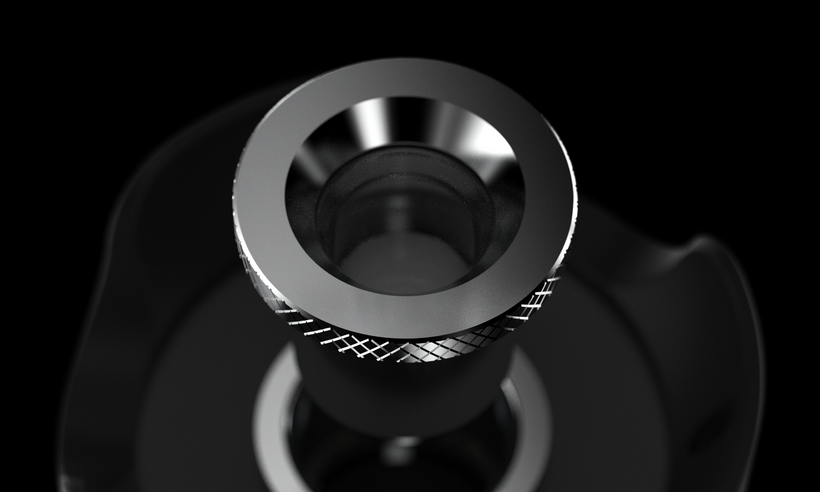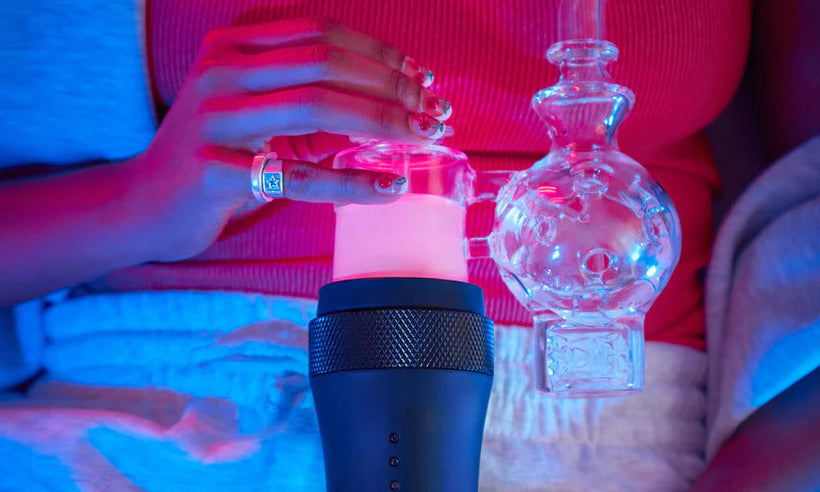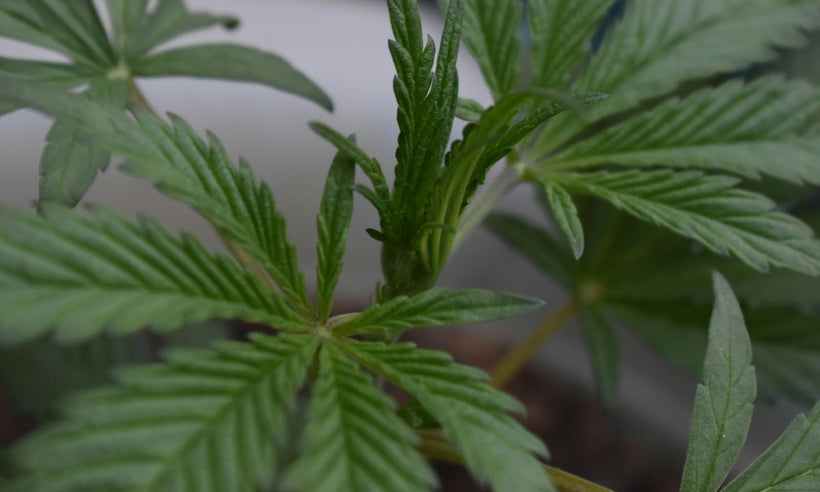Your cart is empty.

As the world of self-care and health evolves, more people are exploring the world of cannabis. Quickly, they discover different options including traditional cannabis and hemp products. While some may use the two terms interchangeably, there are some notable differences when it comes to hemp vs cannabis . Keep reading to learn more, and why it matters.
Definition of Hemp vs Cannabis
Understanding the difference between hemp and cannabis can be confusing because they are both members of the Cannabis Sativa plant species. The difference comes from the chemical composition of each plant.
The primary difference between hemp and cannabis is in the concentration of tetrahydrocannabinol (THC), the psychoactive compound that produces the 'high' associated with cannabis. Anything classified as hemp must have THC levels of less than 0.3%, making it non-intoxicating. Hemp can be used in agricultural or industrial applications.
If the cannabis plant has higher THC levels, it is classified as cannabis. In the United States, cannabis plants are often used for medicinal or recreational purposes. The higher THC content also creates a tricky legal status for cannabis. Different regions have different laws allowing or banning cannabis, and there have been debates about lifting federal restrictions on the substance.
Differences Between Hemp and Cannabis Plants
Anyone who may handle hemp vs cannabis plants would benefit from knowing the visual differences between the two. In general, hemp plants are typically grown closely together and are tall and slender with skinny leaves concentrated near the top. Hemp is often cultivated for its seeds and fibers, so longer plants are better.
Cannabis tends to be bushier with broad leaves and dense buds that hold potent amounts of THC in their flowers. They are grown with potency and flavor profiles in mind.
A Deeper Dive Into Hemp
By taking a closer look at each substance, the differences in hemp vs cannabis become more apparent. Hemp has become a versatile and valuable material in many industries. Its important legal distinctions allow it to be used in ways that other cannabis plants can't.
Legal Definition of Hemp
As mentioned, a cannabis plant has to have THC levels of 0.3% or lower to be legally considered hemp. This definition was solidified in the United States by the 2018 Farm Bill, which effectively differentiated hemp from cannabis, allowing for its cultivation, sale and transport as an agricultural commodity. This legal framework has opened the door for extensive farming and commercial use of hemp, without the extensive regulations applied to cannabis.
Definition of Industrial Hemp
Innovative minds have figured out useful ways to use hemp, and now breed strains of the cannabis plant with characteristics that lend themselves to industrial options. Industrial hemp varieties can be used for textiles, construction and bioplastics.
These strains are selected for their fiber length, strength and durability, as well as for their seed yield and oil content. The oil can be used in the food and cosmetic industries. CBD oil, which has become a popular therapeutic product and does not cause intoxication like THC does, can also be extracted from industrial hemp.
Types of Hemp Plants
One of the most common ways to categorize hemp plants is based on what they are used for. Most plants are grown for either their fibers, seeds or cannabinoids:
- Fiber hemp plants are tall with few branches and are grown closely together to encourage long, straight stalks ideal for textile production.
- Seed hemp varieties are cultivated for their seeds, which are a source of protein and nutritious hemp seed oil.
- Cannabinoid-rich hemp is grown primarily for the production of flowers and leaves that contain cannabidiol (CBD), which is extracted to make medicines.
Chemical Composition
While THC levels are lower in hemp vs cannabis for cannabis, hemp plants have a complex chemical composition that makes them valued in many different circumstances. In addition to THC and CBD, hemp also contains essential fatty acids that can be used for nutritional supplements. Hemp is also rich in protein, fiber and other minerals including potassium, magnesium and iron.
Hemp is a plant with remarkable versatility that offers a lot of benefits to many different groups. This sustainable resource can be used for construction, manufacturing and health projects, and is becoming more recognized as a natural material that should be harnessed.
A Closer Look at Cannabis
On the other side of the hemp vs cannabis spectrum, there is the more hotly debated cannabis plant that is often used as cannabis. For many years, cannabis use was stigmatized and often made illegal. More recently, shifts in the legal and medical landscapes have allowed more discussion of the benefits of cannabis plants.
Legal Definition of Cannabis
In general, cannabis comes from the flowering plants of the Cannabis Sativa species. It contains THC at levels above the legal threshold for hemp, usually with enough of the substance to give users a "high."
In the United States, cannabis is federally classified as a Schedule I drug under the Controlled Substances Act, meaning it is regarded as having a high potential for abuse and no accepted medical use. However, more states and localities have started to change laws to allow medical applications and even recreational use. The legal framework can be confusing, making it important to check regulations in specific municipalities.
Once harvested, cannabis can be presented in many different forms: whole or ground buds or flowers, resins distilled from flowers, tinctures and balms and food products made with THC extracted from cannabis. It can be smoked, eaten or applied topically.
Types of Cannabis Plants
Cannabis plants are usually classified into three primary types based on their physical characteristics and chemical profiles:
- Cannabis sativa has a slender appearance with long narrow leaves. These plants are known to create a feeling that is energizing and is believed to help reduce anxiety or stress and increase creativity and focus.
- Cannabis indica plants are generally shorter and bushier than their sativa counterparts, with wider leaves. Indica strains are traditionally linked to a "body high," which can be intensely relaxing and beneficial for pain relief or as a sleep aid.
- Cannabis ruderalis is less common, with a smaller stature and fewer psychoactive effects. It is often used in breeding other strains due to its natural growing patterns.
Consumers who explore cannabis products will often find hybrids of the above strains, with each type of cannabis plant bred for a specific effect or use.
Chemical Composition
The chemical composition of cannabis can change significantly across different strains and plants. Each strain has a unique set of cannabinoids. THC and CBD are the most well-known but more than 100 have been identified. THC is known for its psychoactive effects, while CBD is non-psychoactive and praised for its potential medicinal benefits, including pain relief, anti-inflammatory properties, and anxiety reduction.
In addition to cannabinoids, cannabis also contains terpenes and flavonoids, which contribute to the plant’s aroma, flavor and therapeutic effects. Terpenes such as myrcene, limonene, and pinene influence not only the scent but also the effects of cannabis by modulating the impact of THC.
Explore Hemp vs Cannabis in Everyday Life

Hemp and cannabis share an origin, but they have important differences that affect how they are used. Hemp's potential as an agricultural, industrial and wellness product could fuel many different businesses and offer a new cash crop for farmers, making it an intriguing investment. Other cannabis products are also starting to be more commonly accepted as legal restrictions surrounding cannabis are changed.
Ready to take your experience to the next level? Check out Dr. Dabber’s collection of innovative vaporizers to find the perfect piece to match your lifestyle & needs.
